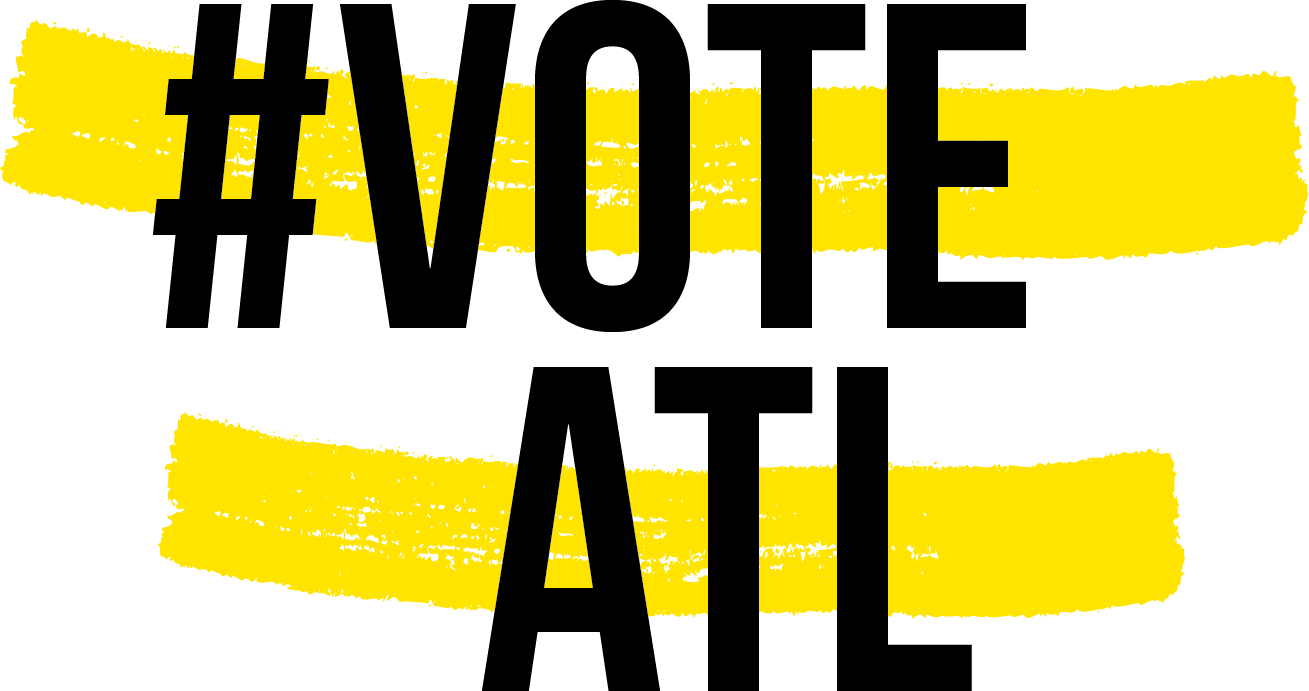Municipal Option Sales Tax (MOST)
What is MOST?
MOST is a 1% sales and use tax that supports funding for water and sewer expansion projects, system maintenance, and operations of the Department of Watershed Management.
The tax, which is applied to all purchases in the City limits except for automobile purchases, intends to offset City water and sewer rate increases. MOST is not a new tax, but as it is limited to a 4-year term, voters will decide if it should be renewed through September 2028.
Additional Context:
What is a consent decree? Consent decrees are settlement agreements that resolve disputes without admission of guilt and liability. Parties will agree to terms for performance improvements and agreed upon penalties.
What is a combined sewer system? A combined sewer system moves sewage and stormwater flows in a single pipe. Downtown Atlanta has had a combined sewer system since the late 1800s. Areas of Atlanta that are served by the roughly 13-mile combined sewer system are generally lower-income neighborhoods in the western and southern parts of the city, with infrastructure unsuitable to handle runoff from major storms. The runoff mixes with sewage from homes and businesses, and runs the risk of exceeding current treatment facilities’ management capacities. This causes untreated sewage to either stay in the neighborhoods or get passed into streams and rivers.
Current Monthly Rates: In 2023, Atlanta residents paid a monthly average of $157.28 for water/sewer service which is the fourth highest in the country and highest in the Southeast
Historical Context:
In 1998, the City of Atlanta’s water and sewer bills were the third-lowest in the Southeast, but the sewer system was in a state of disrepair, resulting in regular overflows of its sewage into creeks and rivers. The Environmental Protection Agency (EPA) ruled that Atlanta was out of compliance with federal and state water standards. Two consent decrees were issued, requiring substantial improvements to the City’s combined sewer system, sanitary sewer system, and overflow control facilities to reduce pollution.
By 2004, rates had increased 63.6%, making Atlanta’s water and sewer rates the highest in the country.
The required improvements were estimated to cost $3.9B, including $2.5M in initial penalties to the federal and State governments and over $2.1M following additional consent decree violations.
History of MOST
In 2004, the City urged the State leaders to allow voters to approve the creation of a new sales tax dedicated for water and sewer system upgrades
Since voters first approved MOST in March 2004, they have approved renewing it four times. In each election, over 70% of voters have approved the renewal.
According to the City’s Department of Watershed Management, since 2004, MOST has generated over $2.5B in revenues for system improvements and has reduced the number of sewer spills by 62% and the volume of these spills by 94%
